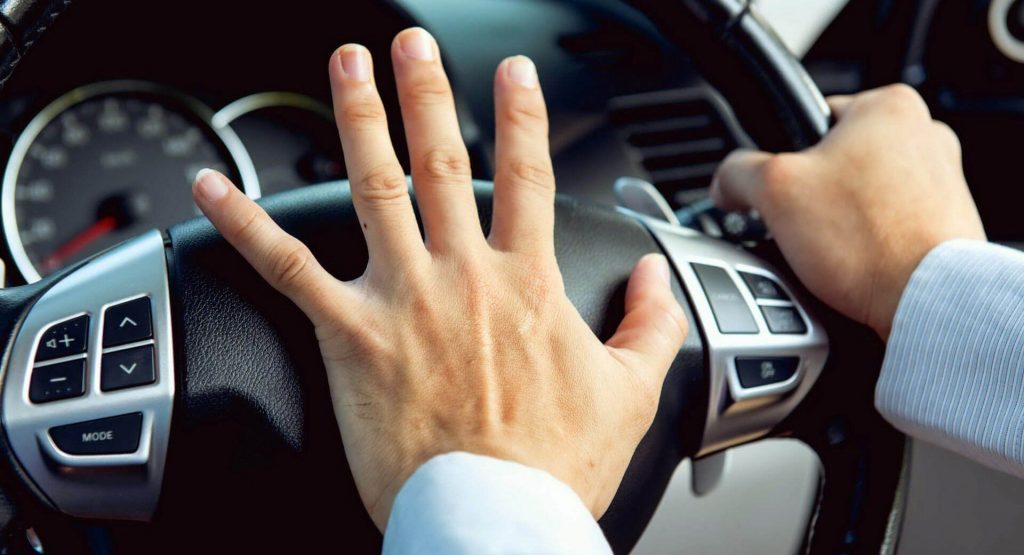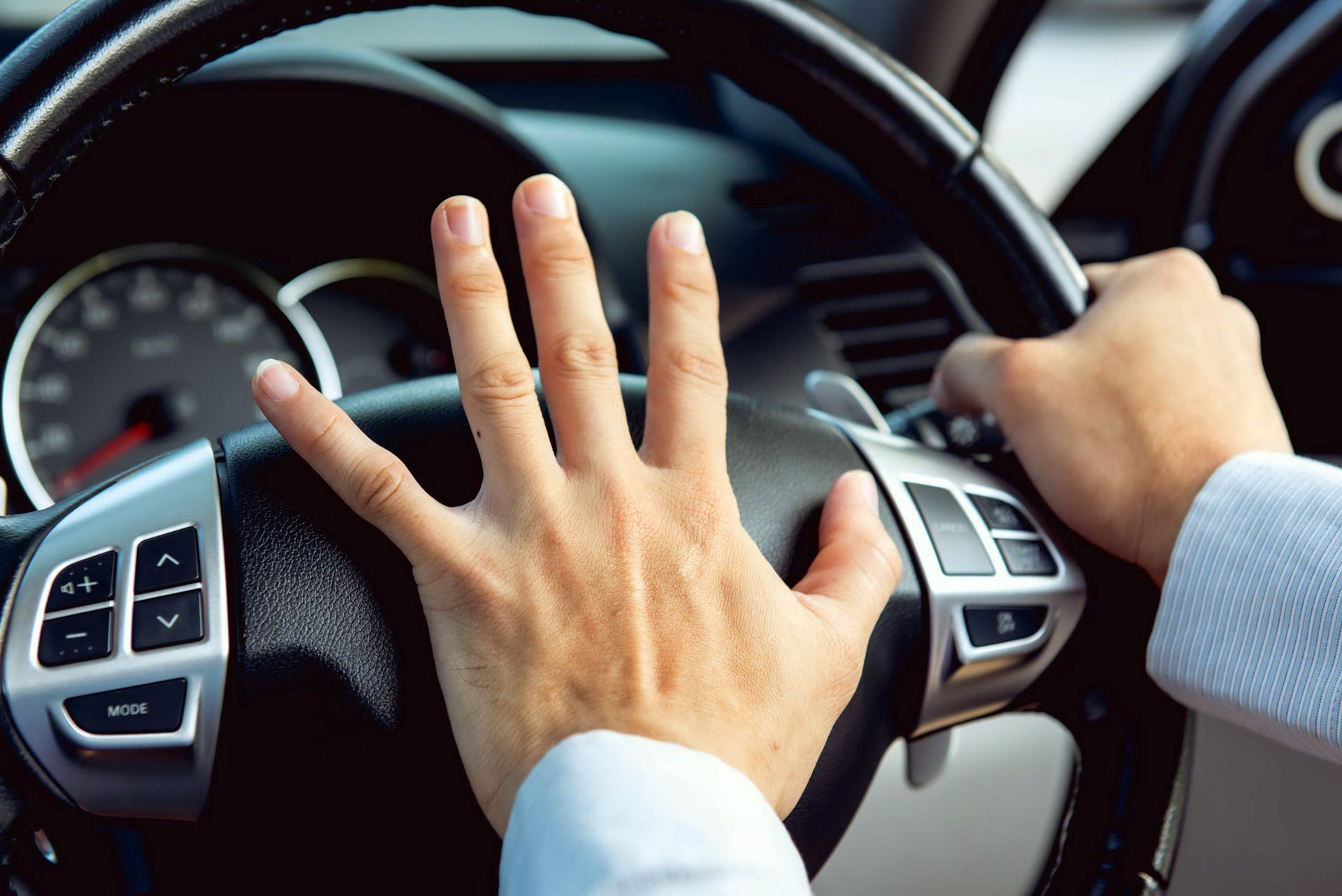Unless you’ve never been in a car, odds are you came across the phenomenon known as road rage at some point in your life.
Officially, it’s defined as a motorist’s uncontrolled anger that is usually provoked by another motorist’s irritating act and is expressed in aggressive or violent behavior. It can manifest itself as rude gestures, verbal insults, physical threats/assault or dangerous driving methods meant to intimidate.
According to Richard Gladman, head of driving and riding standards at IAM RoadSmart, there are plenty of things you can do in order to avoid becoming a victim of road rage, or to simply avoid making matters worse if you happen to be the one at fault:
– If there’s conflict between two parties, there’s a likely chance you’ve both played a part. This doesn’t mean you should react. Try to take yourself away from the problem – let the other driver go on ahead. Even if you feel wronged, letting the other party go will make no difference to the rest of your day.
– Is someone being confrontational or aggressive? If so, don’t make eye contact and don’t react visibly. Try not to think about them so that the incident doesn’t affect you afterwards.
– If the other party is still being aggressive to you and you are in fear of your own safety, call the police.
– If the other party approaches you in your car, can you drive away safely? If you can, consider doing so. But don’t rush off and drive like the getaway driver in a film, or if you think the other driver is going to chase you.
– Do you have a passengers who can film any behavior on a mobile phone? This will help in terms of evidence. Remember to include the registration number of the other vehicle involved.
– Don’t open your door, don’t open your windows fully and don’t start or get provoked into an argument.
– If you were at fault, admit it and apologize. It may be enough to diffuse the situation quickly. And do not do anything that can be interpreted as retaliation. Even if you weren’t at fault, is the argument really worth it?
Once the incident comes to a halt, Gladman advises that you should pull over and get some fresh air if you still feel upset over it. Distractions such as listening to the radio might work too.
So what is it about being in traffic that makes people so susceptible to losing their tempers?
“Unlike pedestrians walking towards each other; who can easily get a feel of what the other person will do, where they might go or the mood they’re in, you have no such opportunities cocooned in your car.”
The psychology behind it is pretty fascinating. Where two pedestrians might actually smile and apologize simultaneously if they nearly bump into each other on the sidewalk, the same two people would react in a completely opposite manner if behind the wheel of their cars.




